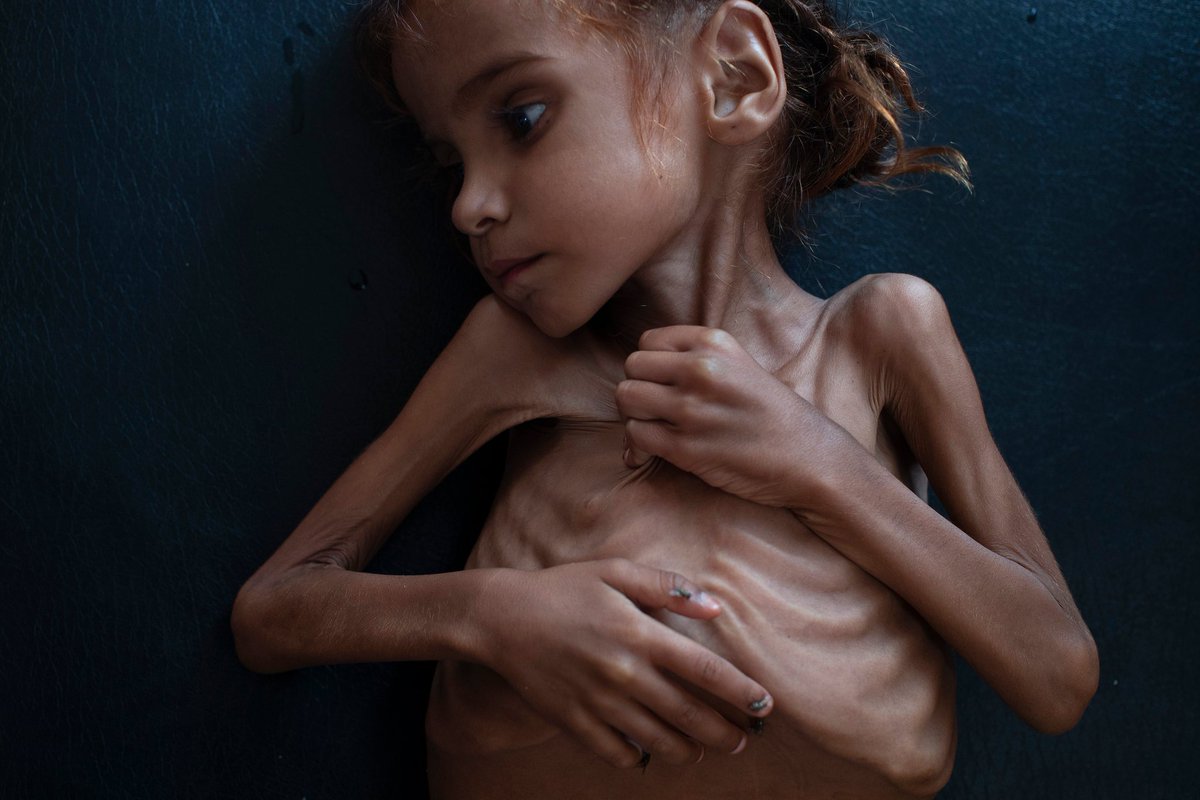nyti.ms/2ztWuGM

Many are children: the rate of child marriage has shot up since the war.
But sometimes, as I try to explain in the story, it's hard to look away.
nytimes.com/2018/11/29/wor… (end of thread)

Get real-time email alerts when new unrolls are available from this author!
Twitter may remove this content at anytime, convert it as a PDF, save and print for later use!

1) Follow Thread Reader App on Twitter so you can easily mention us!
2) Go to a Twitter thread (series of Tweets by the same owner) and mention us with a keyword "unroll"
@threadreaderapp unroll
You can practice here first or read more on our help page!